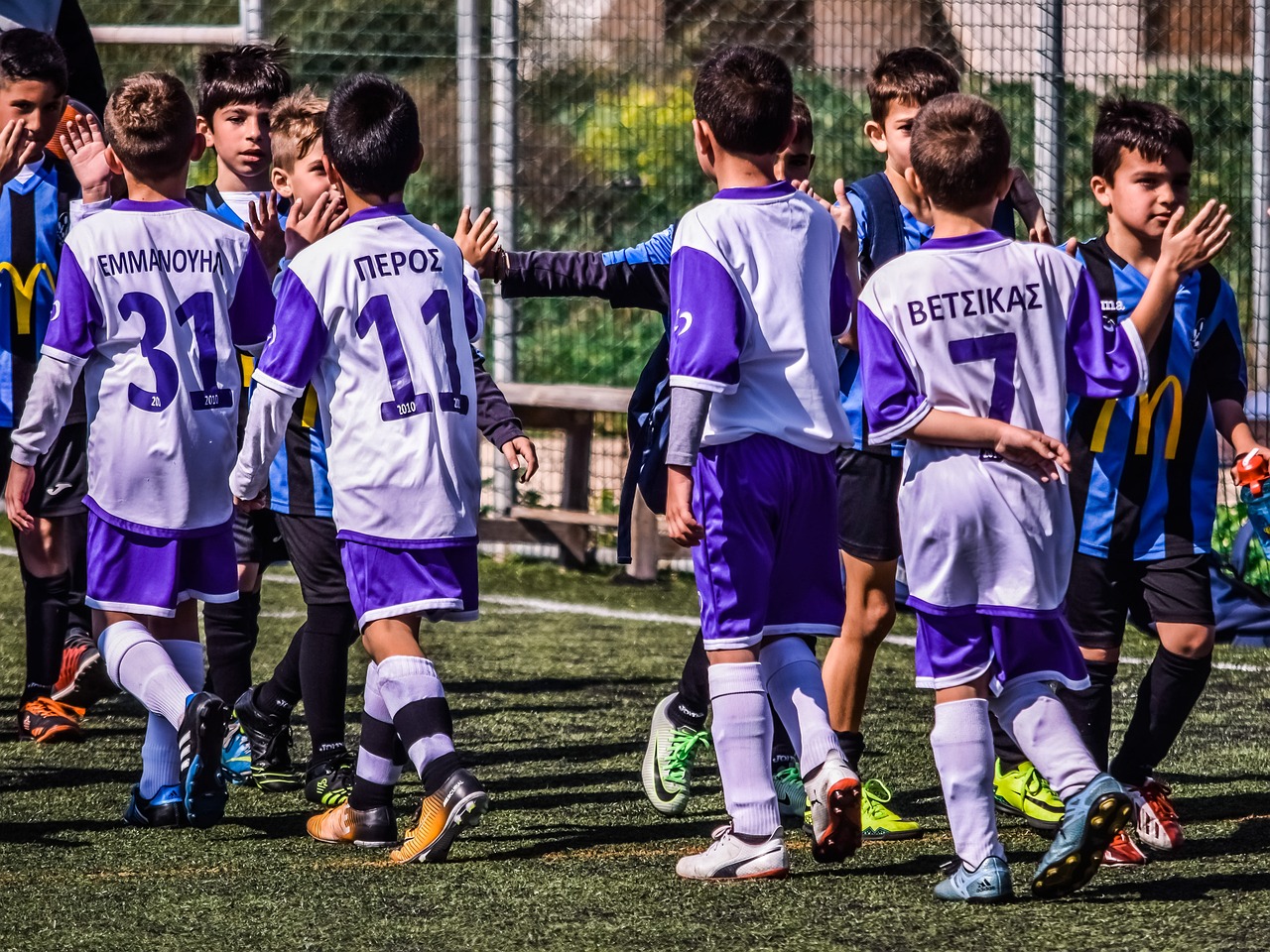What methods are used to ensure fair play and integrity in electronic sports (eSports)?

The world of esports has exploded in popularity in recent years, transforming from a niche community to a mainstream phenomenon. As the industry continues to expand, with millions of players engaging in games, the question of fair play and integrity has inevitably risen. Just as in traditional sports, esports athletes are faced with temptations to cheat or engage in doping to gain a competitive edge. This has led to the implementation of various methods to ensure fairness and integrity in this booming field. We delve into the different strategies adopted by the esports industry to keep the game clean.
Anti-Cheating Software and AI Detection
One of the most significant challenges in the esports industry is the issue of cheating. Cheating can take various forms, from players using unauthorized software to boost their performance, to teams colluding to fix matches. To combat this, the industry has turned to technology, specifically in the form of anti-cheating software.
Dans le meme genre : What are the implications of virtual and augmented reality technologies in sports training and education?
Often built into games, anti-cheating software can detect irregularities that might indicate cheating. These irregularities could range from unusual mouse movements to the sudden enhancement of a player’s abilities. Unexpected patterns are flagged for review, leading to potential penalties if cheating is confirmed.
In recent years, artificial intelligence (AI) has been increasingly employed to detect cheating. AI can analyze vast amounts of data in real-time, identifying suspicious patterns that might be missed by human observers. This technology has proven to be a game-changer in maintaining the integrity of esports.
A découvrir également : How can biomechanical analysis improve technique in precision sports like archery or shooting?
Doping Control Regulations
Just like traditional sports, doping is a significant concern in esports. Doping involves the use of drugs to enhance a player’s performance, providing an unfair advantage. Given the high stakes involved in professional esports, the temptation for doping can be substantial.
Most esports leagues have anti-doping regulations in place. These regulations are often modeled after those used in traditional sports, including regular drug testing for players. In some instances, players may even be required to disclose any medications they are taking, to ensure that they are not using substances that could be considered performance enhancing.
While these measures might seem extreme, they are necessary to maintain the integrity of the game.
Match-Fixing Surveillance and Betting Monitoring
With the rise of esports has come an increase in betting on matches. This has unfortunately opened the door to potential match-fixing, where the outcome of a game is predetermined.
To combat this threat, esports organizations often work with betting companies to monitor any unusual betting activity that may suggest a match is being fixed. Such activity could include a large number of bets being placed on an underdog, or sudden and unexplained changes in the odds.
In addition to monitoring betting patterns, esports organizations also closely watch the behavior of players and teams. Suspicious behavior, such as a player underperforming unexpectedly or a team making strange strategic decisions, can be red flags for potential match-fixing.
Strict Code of Conduct and Professionalism
Esports leagues often impose a strict code of conduct on their players. This can include rules about sportsmanship, respect for opponents, and honesty. Failure to adhere to these codes can result in penalties, including disqualifications and bans.
This code of conduct extends to teams as well. Teams are expected to uphold the values of fair play and integrity, with punishments in place for those which allow or encourage cheating, doping, or other unsportsmanlike behavior.
Player Education and Awareness
Finally, one of the most effective methods of ensuring fair play and integrity in esports is education. Players are often made aware of the rules and regulations governing their game, as well as the consequences of breaking them. They are also educated on the risks and dangers of cheating and doping, both for their careers and their health.
This awareness extends to the wider esports community. Fans are educated about the importance of fair play and the damage that cheating and doping can do to the sport they love.
In conclusion, maintaining integrity and fair play in esports is crucial for its continued growth. As the industry evolves, so too must the methods used to ensure this. But with a combination of technology, regulations, and education, esports can remain a fair and competitive space for all.
Governing Bodies and Frameworks for Integrity in Esports
The rapid growth and global popularity of esports has led to the establishment of several governing bodies dedicated to maintaining integrity in the industry. Such organizations play a pivotal role in creating a structure for regulating competitive gaming and ensuring fair play.
The Esports Integrity Coalition (ESIC) is a prominent international body working towards the goal of ensuring esports remains a clean and fair industry. ESIC has developed a comprehensive anti-corruption code, which provides guidance for handling instances of match fixing, cheating, and doping. Its members, which include a broad spectrum of esports stakeholders, agree to enforce this code in their events.
In the United States, the National Collegiate Athletic Association (NCAA) is exploring ways to govern collegiate esports, similar to traditional sports. Their goal is to provide a regulatory framework that will ensure competitive balance, student-athlete well-being, and institutional control.
Game publishers also play a significant role in esports governance. For instance, Riot Games, the publisher of League of Legends, has its own internal esports department that oversees every aspect of their professional leagues, from rules and regulations to player contracts and disciplinary actions.
Overall, these organizations and game publishers are responsible for the development and enforcement of rules and regulations aimed at maintaining integrity and fair play in esports.
Impact of Technological Advancements and the Future of Fair Play in Esports
In the dynamic and ever-evolving world of esports, technological advancements will continue to shape the methods used to ensure fair play. With the growth of AI technology, the future of cheating detection and match fixing surveillance looks promising.
Increased sophistication and precision in AI detection methods will help in identifying even the most subtle indications of cheating, thus further reducing the chances of unfair play. Moreover, blockchain technology could potentially be used to ensure transparency in transactions, thereby preventing match fixing.
Virtual Reality (VR) and Augmented Reality (AR) technologies might also play a role in shaping the future of esports, by creating immersive and interactive gaming experiences that could redefine the concept of fair play.
In the future, we could also see a more standardized global esports governance structure. Similar to traditional sports, there could be a global esports federation that oversees all major leagues and tournaments around the world, ensuring uniformity in the rules and regulations to maintain fair play.
In conclusion, the future of fair play and integrity in esports is bright with numerous technological advancements and regulatory efforts underway. Despite challenges such as cheating, doping, and match-fixing, the esports industry, backed by advanced technology, robust regulations, and an active community, is well-equipped to ensure a level playing field. The esports players, their fans, and all stakeholders can look forward to more exciting and fair competitions, contributing to the continued growth and success of this dynamic industry.
